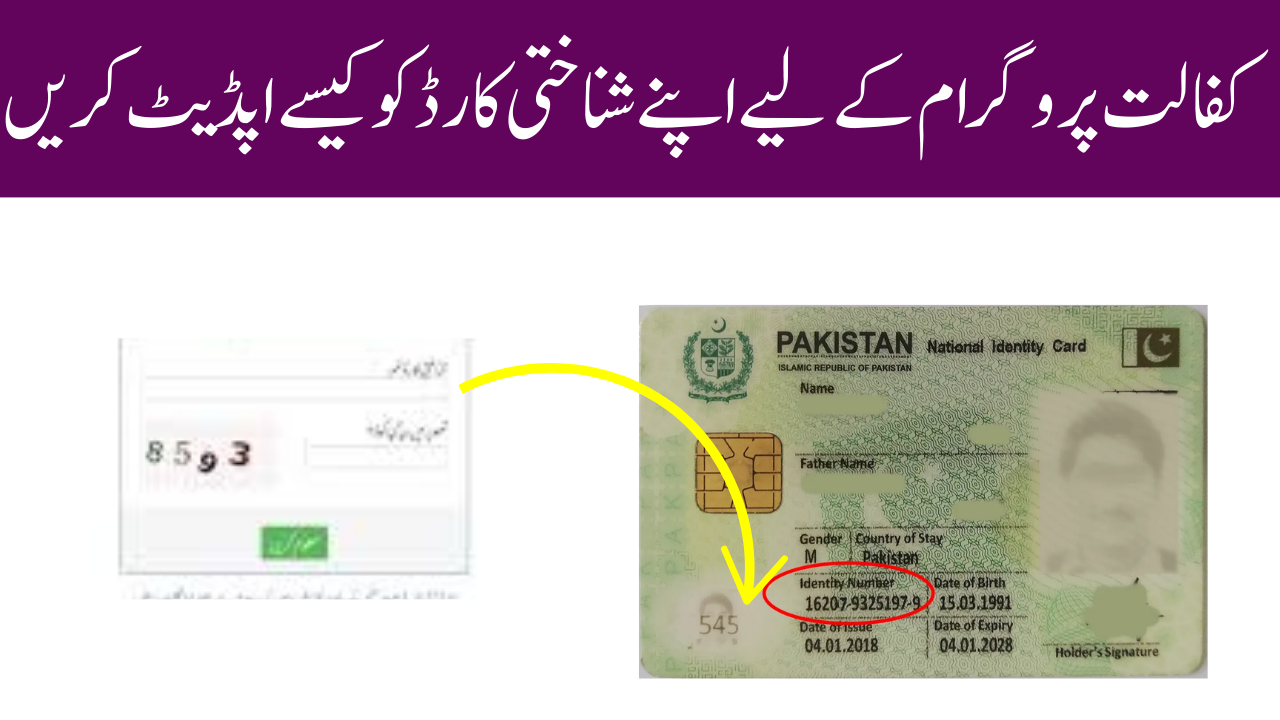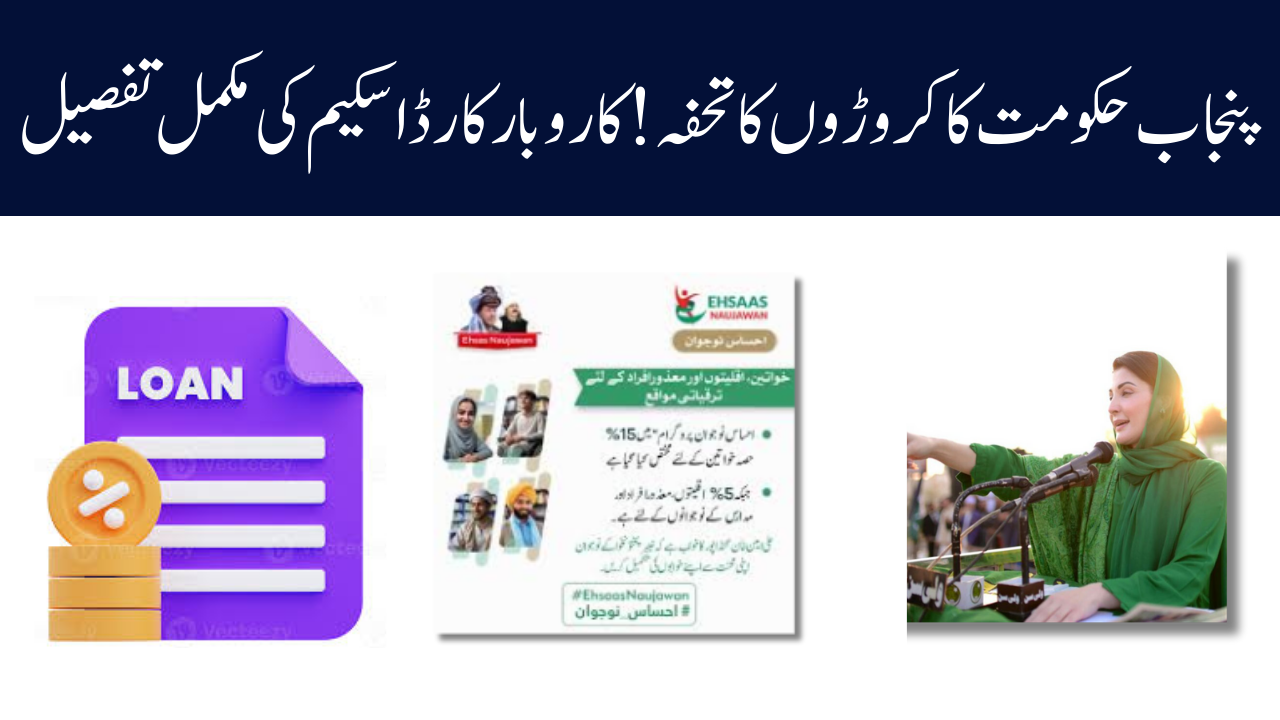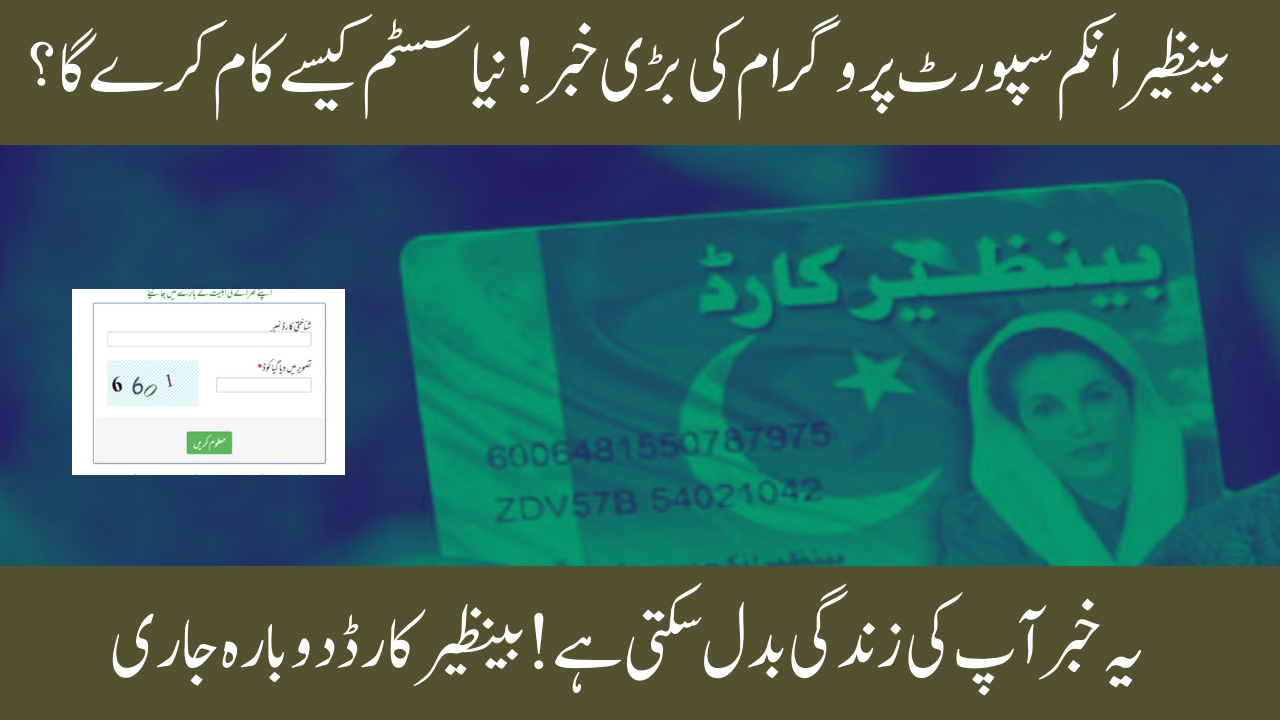The Benazir Income Support Program (BISP) is one of the largest social protection initiatives in Pakistan. It focuses on providing financial aid to underprivileged families, with its flagship Kafaalat Program offering monthly stipends to eligible women. However, eligibility depends on proper documentation, including updated Computerized National Identity Cards (CNICs). This article explains how updating your CNIC ensures eligibility for the BISP Kafaalat Program and the steps to follow for seamless registration.
What is the BISP Kafaalat Program?
The BISP Kafaalat Program provides financial assistance to low-income families, especially women, to help them meet their basic needs. Beneficiaries receive a monthly stipend of Rs. 9,000 via an ATM card or through designated banking partners. To qualify, applicants must meet specific criteria and have their CNICs updated in the National Socio-Economic Registry (NSER) database.

Importance of CNIC in BISP Kafaalat Eligibility
A valid and updated CNIC is critical for eligibility in the BISP Kafaalat Program. The system uses the CNIC to verify an applicant’s details, including their socioeconomic status, marital status, and family information. Outdated or incorrect information can lead to ineligibility or delays in processing.
Senator Rubina Khalid Meets Karandaaz, Pakistan’s Chief Digital Officer and Associate Director
Reasons to Update Your CNIC
- Marital Status Changes: Women who have recently married or divorced must update their CNIC to reflect their current status.
- Address Updates: Relocation to a different area requires an address update in your CNIC for accurate regional allocation of benefits.
- Correction of Errors: Any inaccuracies in name, date of birth, or other details must be corrected to avoid rejection.
- CNIC Expiry: An expired CNIC is not valid for the program.
How to Update Your CNIC for BISP Kafaalat Eligibility
Follow these steps to update your CNIC and ensure your eligibility:
Step 1: Visit NADRA Office
Head to the nearest NADRA (National Database and Registration Authority) center with your original CNIC and required supporting documents, such as a marriage certificate (if applicable).
Step 2: Submit Application for Update
Request an update to your CNIC details. Mention the reason for the update, such as a change in marital status or address.
Step 3: Biometric Verification
Provide biometric verification (thumb impressions) to authenticate your identity.
Step 4: Receive Updated CNIC
Collect your updated CNIC within the timeline specified by NADRA.
Step 5: Inform BISP Office
After receiving the updated CNIC, visit the BISP regional office or online portal to inform them about the changes. This ensures your updated details are synced with the NSER database.
Eligibility Criteria for BISP Kafaalat Program
Once your CNIC is updated, ensure you meet the following criteria:
- Your household falls below the poverty threshold determined by the NSER.
- The applicant must be a woman holding a valid CNIC.
- Family income should align with BISP’s poverty index.
- Applicants must not be receiving financial aid from other government schemes that overlap with BISP.
Key Requirements for BISP Kafaalat Program
| Requirement | Details |
|---|---|
| Valid CNIC | Must be updated and reflect current personal details. |
| Poverty Score | Determined by the NSER survey. |
| Biometric Verification | Required at NADRA and for fund disbursement. |
| Registered in NSER Database | Mandatory to be part of the socio-economic registry. |
| Monthly Stipend Disbursement | Rs. 9,000 via ATM or partner banks. |
Conclusion
The BISP Kafaalat Program is a lifeline for countless underprivileged women across Pakistan. However, ensuring eligibility requires active participation, starting with an updated CNIC. By keeping your information accurate and aligned with NSER requirements, you can secure your access to this essential financial assistance. Regular updates and communication with NADRA and BISP offices are key to avoiding interruptions in your benefits.
Empowering women through such initiatives not only improves their economic standing but also contributes to the broader goal of poverty alleviation in Pakistan.










